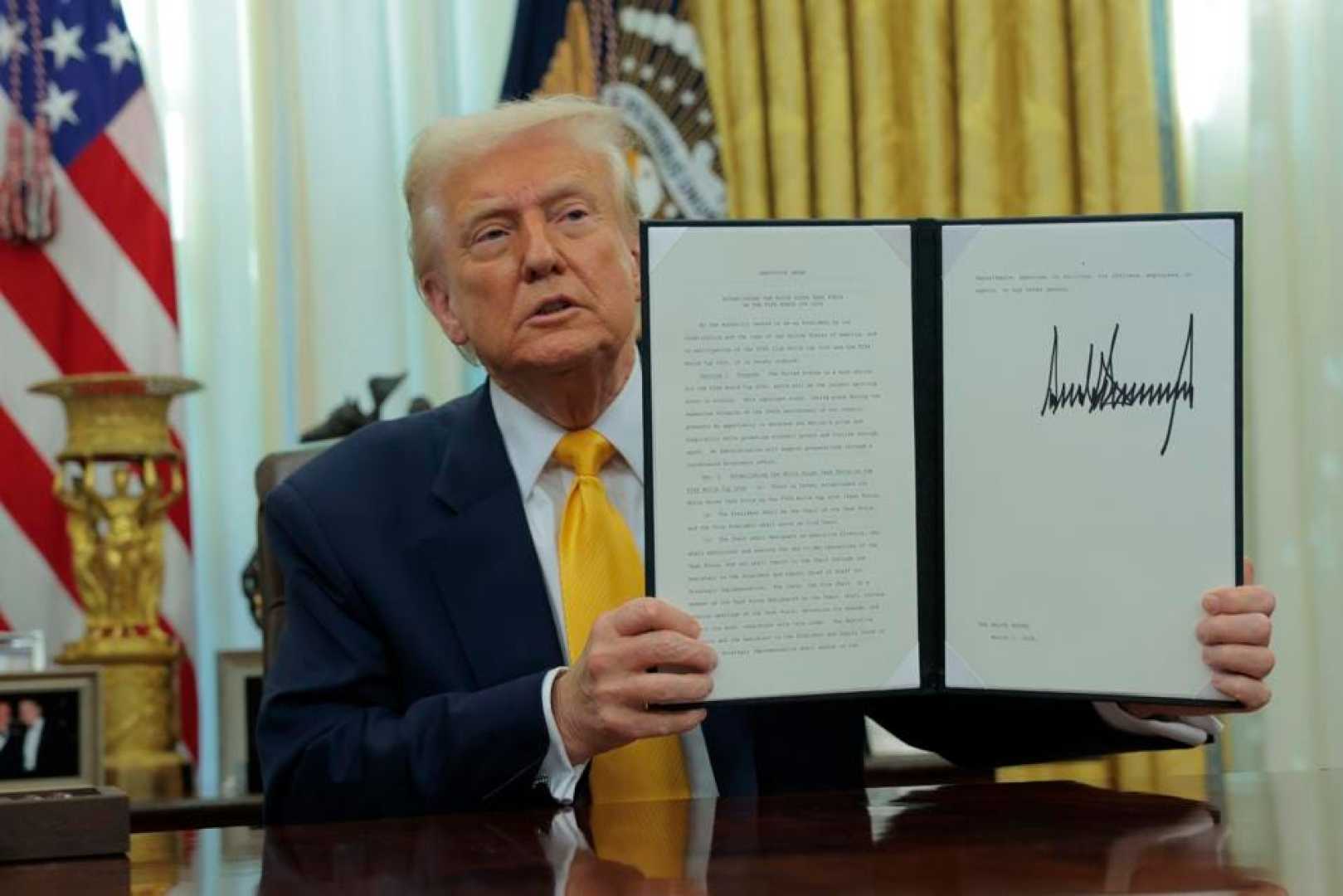Education
Trump’s Actions Put Public Service Loan Forgiveness at Risk

WASHINGTON, D.C. – The Trump administration announced new measures this week that threaten the Public Service Loan Forgiveness (PSLF) program, potentially impacting thousands of borrowers in public service careers. This latest move comes as part of a broader campaign to reshape federal student loan relief efforts, a trend that has raised concerns among borrower advocates.
Introduced in 2007 by President George W. Bush, the PSLF program was designed to encourage individuals to pursue careers in lower-paying sectors such as nonprofit and government work. Eligible borrowers can receive forgiveness for their remaining federal student loan balance after making 120 qualifying payments while employed full-time by a qualifying employer. Currently, organizations meeting this criterion include U.S. government entities and tax-exempt 501(c)(3) nonprofits.
However, a recent directive from President Donald Trump targets PSLF, launching waves of apprehension among affected borrowers. This week, Trump suggested through his social media that the IRS should review the nonprofit tax-exempt status of institutions like Harvard University, following the university’s refusal to accept certain administrative conditions set by the administration.
“The university will not surrender its independence or relinquish its constitutional rights,” Harvard officials responded in a letter dated April 14. They argued that government control over hiring, admissions, and curriculum decisions constitutes an unwarranted overreach.
Trump reiterated, “Perhaps Harvard should lose its Tax Exempt Status,” which signals a potential revocation of eligibility for PSLF among Harvard employees if this move comes to fruition. Currently, Harvard employs approximately 19,000 people, all of whom could face significant changes in their eligibility for loan forgiveness programs.
Legal experts warn that revoking Harvard’s nonprofit designation could be legally complicated as no substantial evidence exists suggesting the university has violated any federal laws justifying such an action. In addressing the repercussions, critics argue that this could set a dangerous precedent for future actions against other nonprofits, potentially undermining PSLF eligibility for many borrowers nationwide.
“I think they’re going to go after a whole bunch of them,” said Newt Gingrich, former House GOP leader, hinting at a wider assault on nonprofit institutions.
This week also witnessed Trump voicing threats against Citizens for Responsibility and Ethics in Washington (CREW), a nonprofit organization that has criticized the administration. “They’re looking at a lot of things,” Trump noted in reference to the group’s charitable status, which might negatively impact employees working there and their PSLF eligibility.
The backdrop to these actions includes an executive order Trump signed last month aimed at restricting PSLF eligibility for organizations involved in what his administration deemed “illegal activities.” Provisions within this order suggest excluding organizations associated with illegal immigration, child trafficking, and other violations.
“This executive order is a political attack targeting 501(c)(3) organizations that do not align with the administration’s agenda,” stated Kristin McGuire, Executive Director of Young Invincibles, a national organization advocating for young adults. “Such vague definitions create significant ambiguity, potentially targeting advocacy organizations whose work is crucial for the public interest.”
As concerns mount, it appears the Trump administration is positioning itself for a renewed push against various nonprofit institutions. While PSLF has not yet undergone any official changes, borrower advocates remain cautious of impending regulations that could reshape when and how organizations qualify for the program, extending to state governments and healthcare systems that may also find themselves affected.
At the legislative level, Republican lawmakers in Congress are contemplating measures that would additionally challenge the nonprofit status of hospitals as part of broader tax reform, a move that could also jeopardize PSLF’s availability for workers there.
“We’re in an unprecedented situation. The uncertainty created by these executive actions is both alarming and confusing for many borrowers who rely on PSLF,” said a spokesperson for the National Student Loan Borrowers Coalition. “The PSLF program requires stability and clarity for borrowers; without it, many might fall into further financial hardship.”
As Trump continues his aggressive approach towards reshaping federal student loan policies, higher education leaders, legal experts, and advocates stress the importance of protecting PSLF and similar programs foundational to educational equity and workforce stability.












